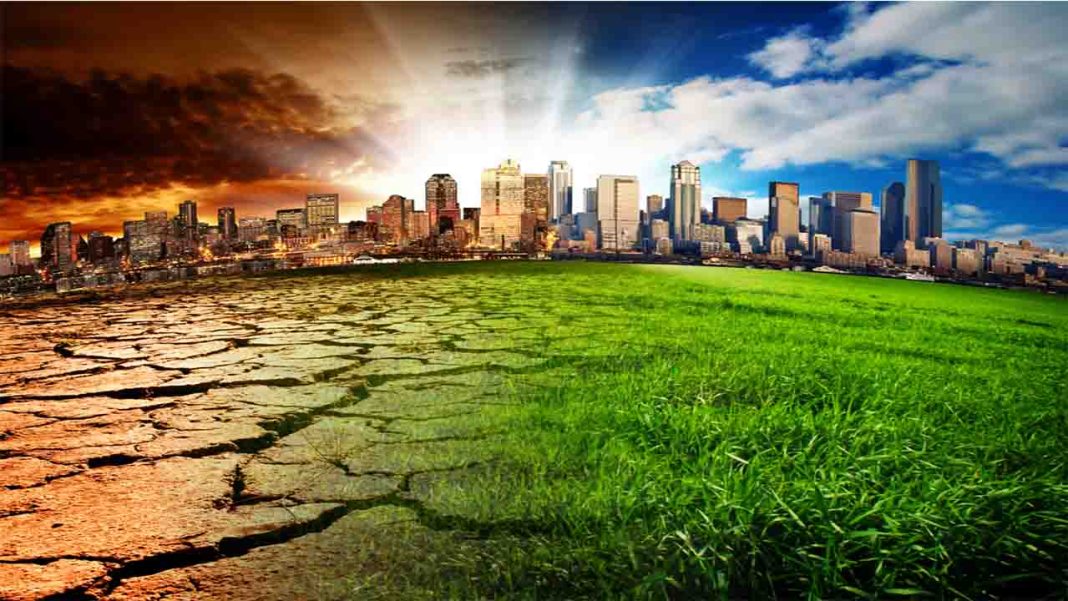Agriculture and Climate Change (Commonwealth Union) _ The Fifth National Climate Assessment (NCA) released by the United States government in late 2023 marked a significant milestone by including a chapter on social systems and justice for the first time. This edition of the NCA acknowledges two fundamental truths that are increasingly acknowledged in both popular and academic discourse in the U.S.
Firstly, it recognizes that climate change has the potential to disproportionately impact health, social, and economic outcomes for Black, Indigenous, people of color (BIPOC), and low-income communities. Secondly, it emphasizes that social systems and institutions are crucial for both adaptation and mitigation efforts against climate change.
Drawing parallels with the COVID-19 pandemic, the assessment highlights how existing inequalities based on race, income, and other factors determine vulnerability to climate-related disasters and disruptions. For instance, marginalized communities are more likely to face permanent displacement after major hurricanes, with long-lasting negative effects.
Addressing climate change effectively requires understanding how social systems shape, and are shaped by, environmental challenges. Social scientists play a vital role in investigating the underlying reasons why efforts to combat climate change are not progressing quickly enough. This includes examining ethical, cultural, economic, and political factors that influence human behavior and decision-making.
While technological advancements are essential, they must be complemented by insights from social sciences to understand how social, economic, and political dynamics influence emission levels and consumption patterns. Inequitable systems exacerbate vulnerability to climate risks and hinder effective responses.
However, recognizing the potential for climate-related disasters to worsen inequality also presents opportunities for positive change. Examples like Tulsa, Oklahoma’s floodplain management plan and proactive adaptation strategies by Indigenous communities demonstrate the potential for collaborative problem-solving and resilience-building.
The urgency of addressing climate change requires concerted efforts, but it is crucial to ensure that actions do not perpetuate existing inequalities. Moving forward, a holistic approach that incorporates social sciences alongside technological solutions is essential for building a more just and sustainable world for all.







